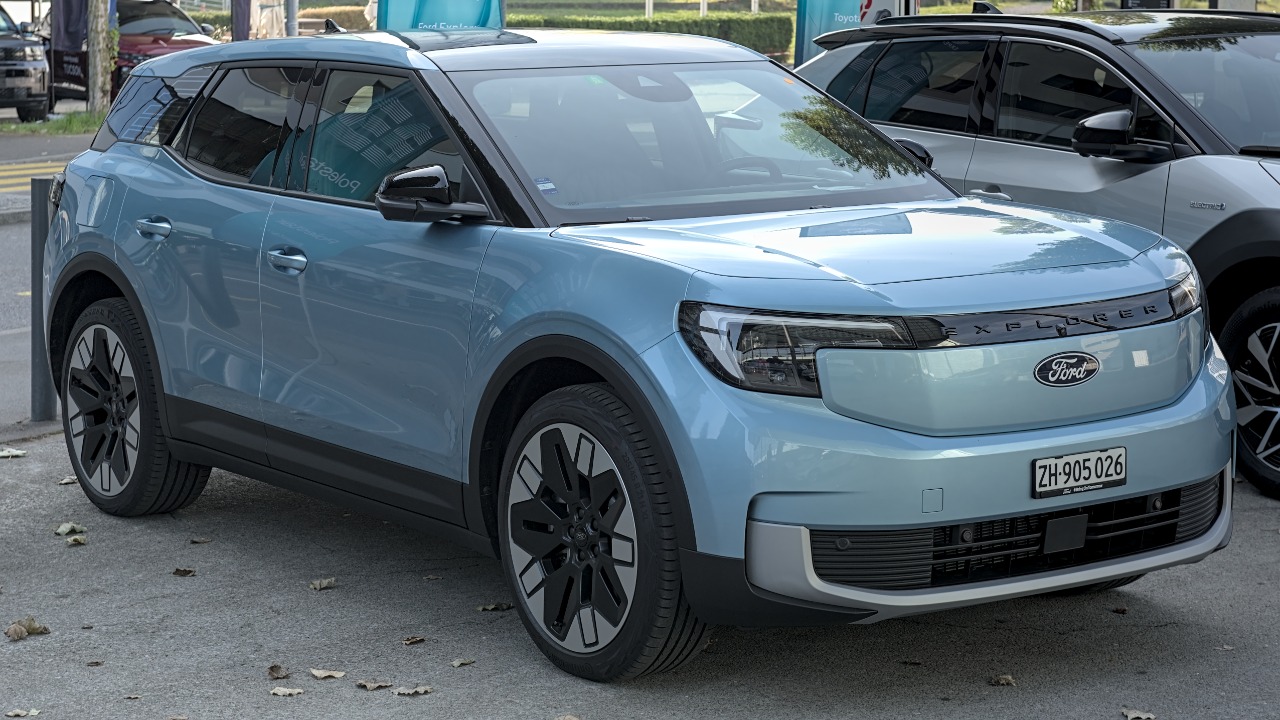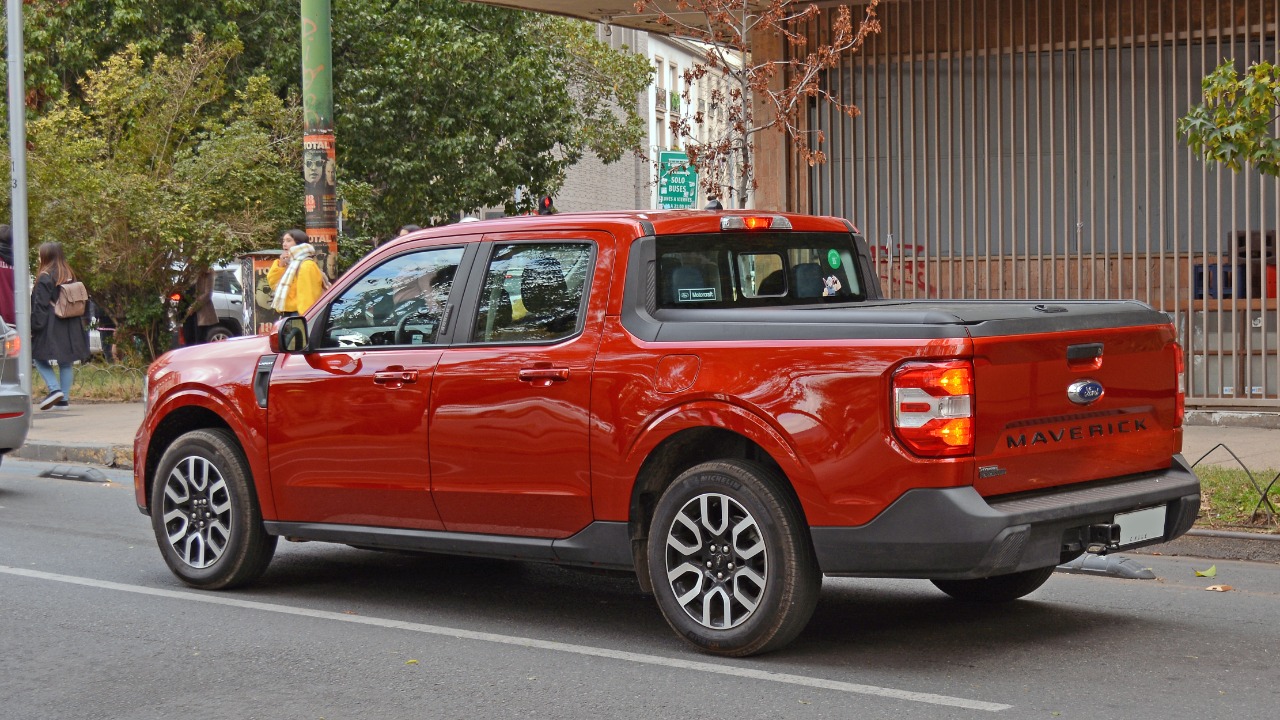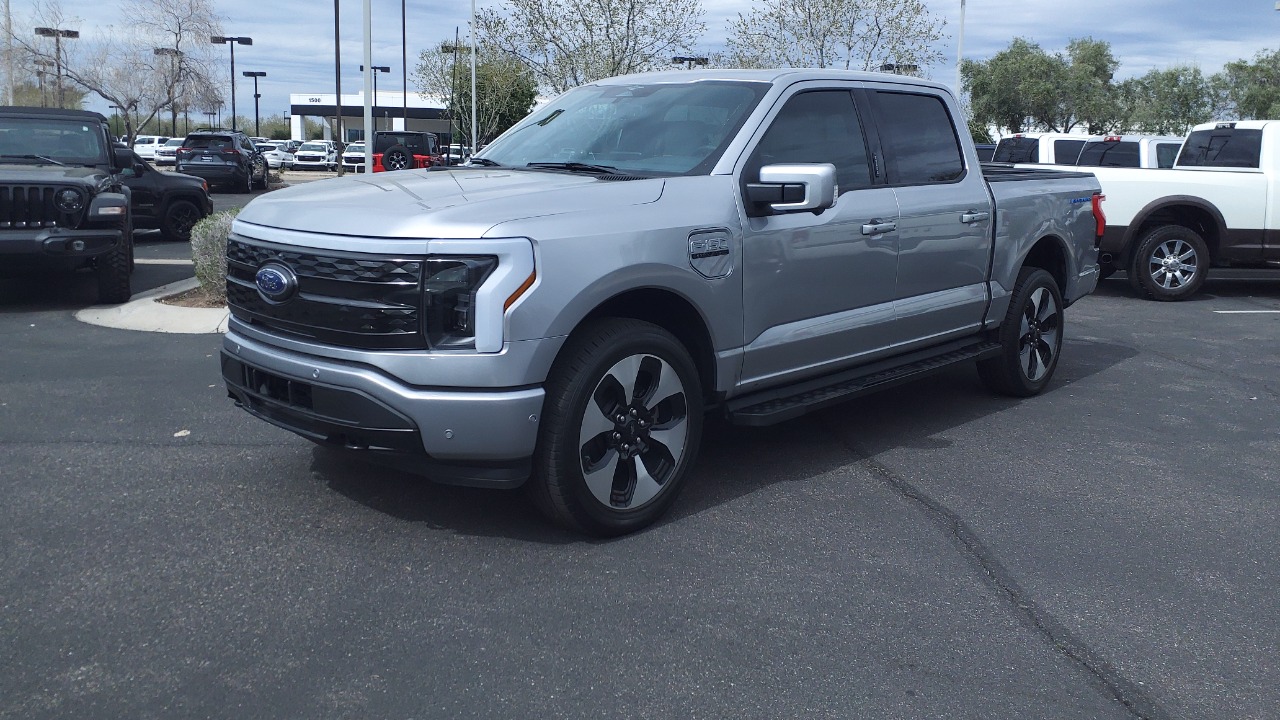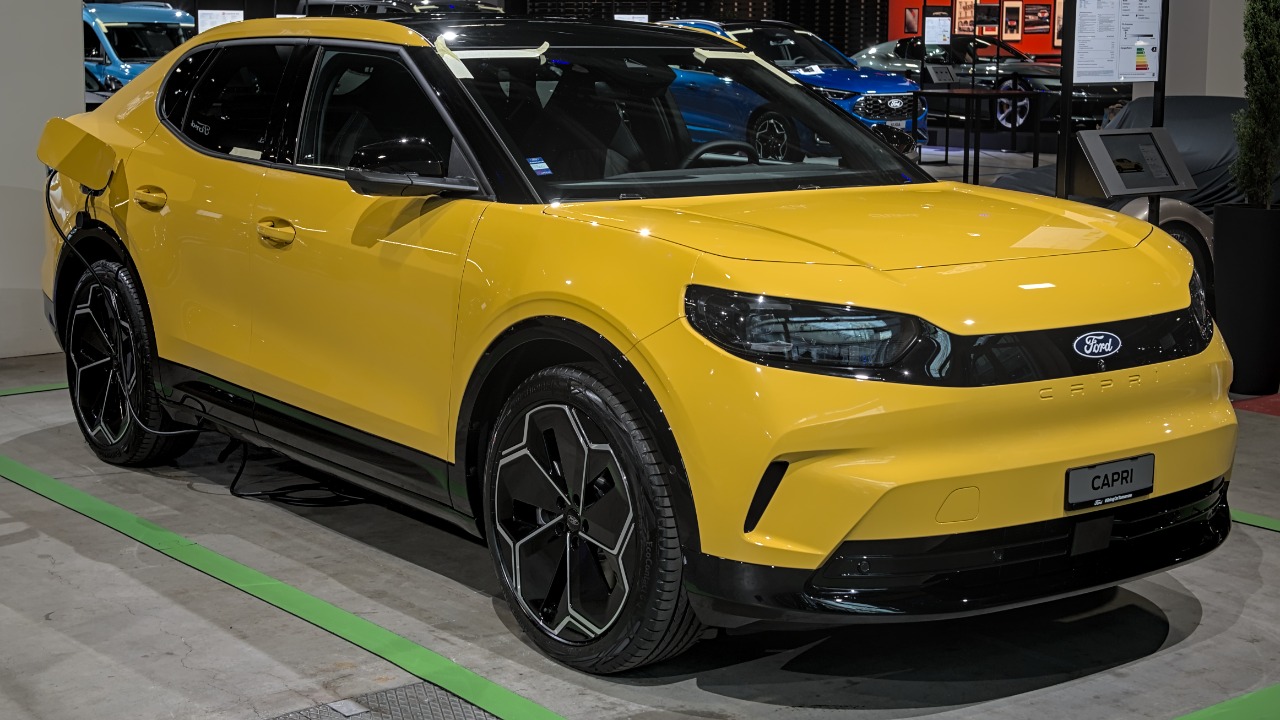Ford has been a leader in hybrid vehicle technology, but recent reports suggest that the company may be considering ending the production of its popular hybrid Maverick model. This potential shift in strategy could have significant implications for the automotive market and Ford’s sustainability goals.
The Current State of Ford’s Hybrid Line-Up

Ford’s hybrid vehicle line-up has been a cornerstone of its strategy to balance performance, efficiency, and environmental responsibility. The company’s hybrid offerings, including the Ford Escape Hybrid and the Ford Explorer Hybrid, have performed well in the market, appealing to a broad range of environmentally-conscious consumers who are not yet ready to switch to fully electric vehicles. The hybrid Maverick, introduced in 2022, quickly gained popularity for its affordability, fuel efficiency, and compact size, filling a niche in the market for consumers seeking practical yet eco-friendly transportation solutions.
The Maverick plays a crucial role in Ford’s hybrid strategy. It provides an accessible entry point for consumers interested in hybrid technology, thereby expanding Ford’s customer base. The Maverick’s success is notable in the context of Ford’s competition with automakers like Toyota, which has dominated the hybrid market with models like the Prius and RAV4 Hybrid. Despite this competition, the Maverick has carved out a unique position by offering a combination of utility and efficiency that appeals to a diverse spectrum of buyers.
Reasons Behind the Potential Discontinuation

Several factors may be driving Ford’s consideration to halt the Maverick’s hybrid production. Internal company reports and statements from Ford executives have hinted at strategic shifts, with a stronger emphasis on the development and expansion of fully electric vehicles. The rising production costs associated with hybrid technology, coupled with ongoing supply chain challenges, may also be influencing the decision. As the automotive industry continues to evolve, Ford is weighing its options to remain competitive and cost-effective in a rapidly changing market.
Another significant element in this decision-making process is the shift in consumer preferences. As fully electric vehicles become more mainstream, there is an increasing demand for zero-emission options. According to a recent study, electric vehicles are expected to account for a substantial portion of the global vehicle market by 2030. In response to this trend, Ford may be reallocating resources to enhance its electric vehicle offerings, potentially at the expense of its hybrid models like the Maverick.
Market Reactions and Consumer Perspectives

The potential discontinuation of the hybrid Maverick has sparked a wide range of reactions among consumers and industry experts alike. Maverick owners and Ford enthusiasts have taken to social media platforms and community forums to express their concerns and opinions. Many users have praised the Maverick for its practicality and efficiency, while others worry that its discontinuation could signal a shift away from affordable hybrid options.
Industry experts have weighed in on the potential impacts of this decision on Ford’s market share and brand image. Some analysts believe that phasing out the Maverick hybrid could lead to a temporary loss in consumer loyalty, particularly among buyers who appreciate the balance of performance and eco-friendliness that hybrids offer. However, others argue that Ford’s focus on electric vehicles aligns with broader industry trends and could ultimately enhance the company’s reputation as a leader in automotive innovation. This shift may also reflect a strategic realignment, as Ford prepares for a future dominated by electric mobility.
Implications for the Future of Hybrid Vehicles

The potential end of the hybrid Maverick could have far-reaching implications for the broader hybrid vehicle market. As automakers increasingly prioritize full electrification, the hybrid segment may face challenges in maintaining its relevance and market share. However, the transition to electric vehicles is not without its hurdles, including infrastructure development, battery technology advancements, and regulatory considerations.
Ford’s future plans for hybrid and electric vehicles remain a topic of speculation. The company has announced ambitious goals to expand its electric vehicle offerings, with models like the Mustang Mach-E and the upcoming F-150 Lightning making headlines. Ford’s commitment to sustainability and innovation could drive further developments in hybrid technology, even if the Maverick is discontinued. As regulatory pressures to reduce emissions intensify, automakers must navigate complex environmental and economic landscapes to achieve their long-term goals.
Strategic Alternatives for Ford

In response to the evolving automotive landscape, Ford may explore several strategic alternatives to maintain its competitive edge. One potential strategy is to strengthen partnerships with technology companies and other automakers to accelerate the development of advanced hybrid and electric vehicle platforms. These collaborations could help Ford leverage cutting-edge technologies and reduce production costs, ultimately benefiting consumers.
Technological innovations will likely play a crucial role in Ford’s future product development. By investing in research and development, Ford can continue to enhance the efficiency and performance of its hybrid and electric vehicles. The company may also explore new business models, such as subscription services or shared mobility initiatives, to adapt to changing consumer preferences and urbanization trends. These strategic shifts could have long-term implications for Ford’s business strategy and sustainability initiatives, positioning the company as a leader in the next generation of automotive solutions.